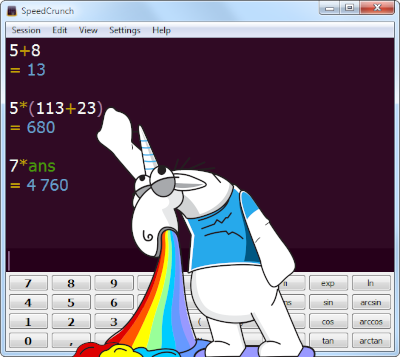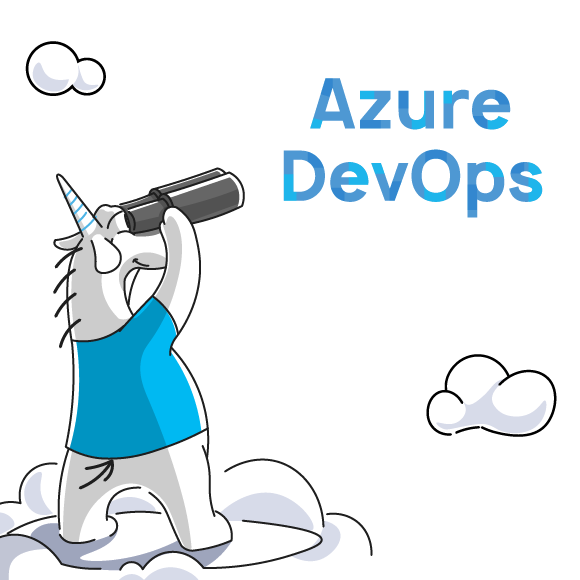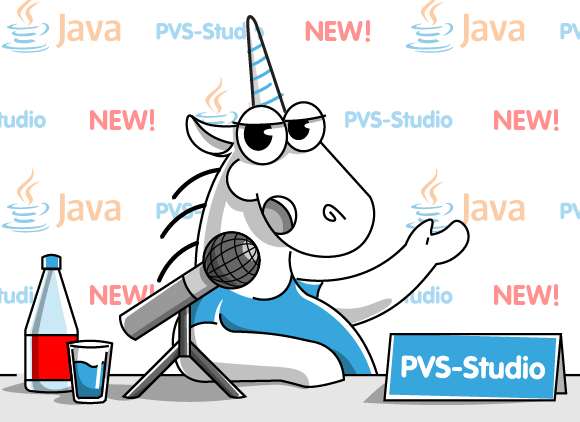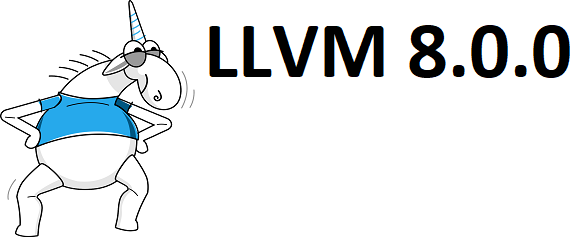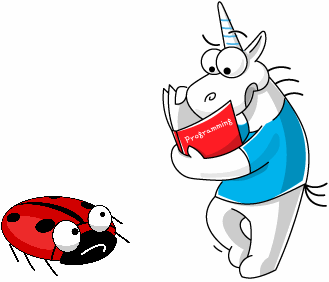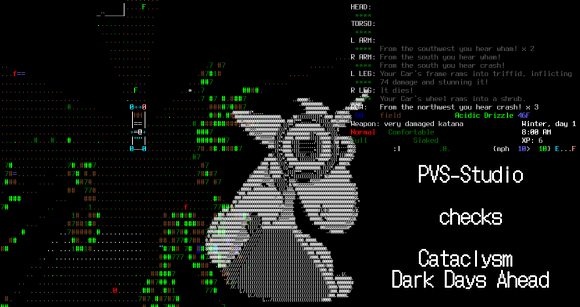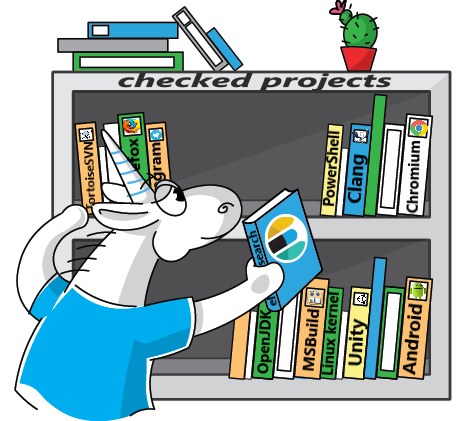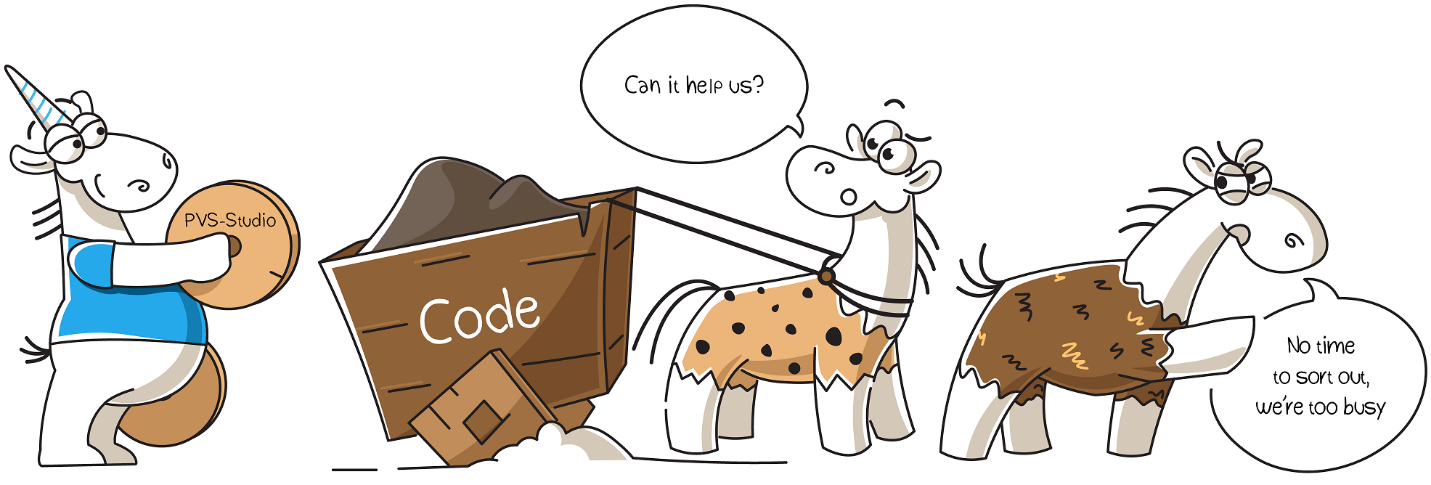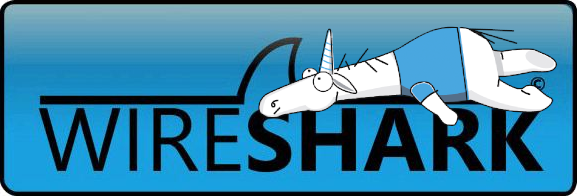Wireshark Foundation released the final stable-version of the popular network traffic analyzer — Wireshark 3.0.0. The new release fixes several bugs, it is now possible to analyze the new protocols, apart from that the driver on Npcap WinPcap is replaced. Here is where quoting of the announcement ends and our note about bugs in the project starts off. The projects authors definitely haven't done their best in fixing bugs before the release.
Let's collect hotfixes right now to give a motive in doing a new release :).
Introduction
Wireshark is a well-known tool to capture and analyze network traffic. The program works with the vast majority of known protocols, has intuitive and logical graphical interface, an all-powerful system of filters. Wireshark is cross-platform, works in such OSs, as: Windows, Linux, macOS, Solaris, FreeBSD, NetBSD and many others.
To do the source code analysis, we used
PVS-Studio static code analyzer. To analyze the source code, first we needed to compile the project in an OS. The choice was wide not only due to the cross platform nature of the project, but also because of that of the analyzer. I chose macOS for the analysis. You can also run the analyzer under Windows and Linux.




